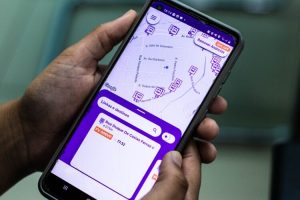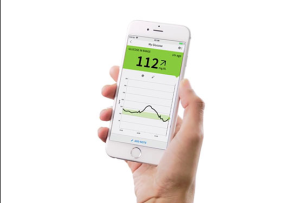Satellite Wifi Applications
With the growing demand for connectivity in remote areas and regions without terrestrial internet infrastructure, satellite wifi applications emerge as innovative solutions to bring internet access where it was previously impossible. These applications work in conjunction with satellite internet services, allowing mobile devices and computers to connect to the network in a simple and effective way.
Unlike traditional services that rely on physical cabling, satellite Wi-Fi applications use signals sent directly from orbiting satellites. This allows them to provide coverage in isolated locations such as rural areas, forests, deserts, and even vessels at sea. In this article, we explore the advantages of these applications and we answer the most common questions about its use.
Advantages of Applications
Coverage in Remote Areas
With satellite internet, it is possible to access the network in places without terrestrial infrastructure, such as rural areas, mountainous regions or remote islands. This represents a revolution in access to information and communication.
Simple and Quick Installation
Unlike conventional systems, which require cabling and specialized technical support, satellite Wi-Fi applications can be activated with just a few taps, especially when used with portable antennas.
Mobility and Portability
Users can take the device and app to different locations, ideal for expeditions, business trips, or emergency situations. This provides a stable connection regardless of location.
Multi-Device Support
These applications typically allow multiple devices to access the Internet simultaneously, such as smartphones, tablets, and laptops, without significant performance loss.
Automatic Updates and Remote Management
Some applications offer the possibility of managing internet usage remotely, as well as performing automatic updates, always ensuring the best performance.
Frequently Asked Questions
The connection is made via an orbiting satellite that transmits signals to an antenna installed in the user's area. The application facilitates communication between the antenna and connected devices, managing access to and use of the network.
Yes. The antenna is responsible for capturing the satellite signal. The app acts as a control interface, connecting your devices to the network via Wi-Fi.
Speeds may vary depending on the provider and the type of satellite used. In general, services offer speeds between 25 Mbps and 100 Mbps, which is sufficient for browsing, video calls and streaming.
Although modern satellite systems have improvements against weather interference, heavy rains and storms can temporarily affect the stability of the connection.
Some mobile satellite internet systems allow use in moving vehicles, such as RVs or boats. However, this depends on the type of equipment and the plan purchased.



